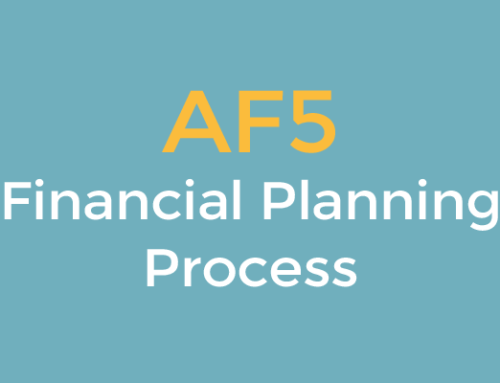To make a great start in the AF5 exam, there are 3 things you should do in the first hour:
*Task 1 [Fact-finding questions/20-30 marks] *Task 2 [Risk question/ 10-15 marks] *Task 8 [Reviews question/ 10 marks
You could have nearly half the marks you need to pass in the first hour of the AF5 exam, if you can do these three tasks and make a great start.
You could bag, 40/50 marks.
If your technique and strategy is right. This is a good strategy for the AF5 exam.
Technique is critical in the AF5 exam; this is an exam where it is 100% the CII way. If you don’t do it the CII way, you’ll be taking the highway back…
But, what exactly does that mean?
In each of the three tasks above (Task 1, 2 and 8), there is a technique, there is a methodology, there is a process of how to answer the questions.
Your examiner is testing your knowledge and understanding of the process, methodology and structure in each task; do you understand what the question is asking?
You can practice this now, before the case study for the AF5 exam on April 13th comes out.
This week we are practising task 8, from the October 2015 AF5 exam.
This is really useful practice of your ability to articulate the write down, in bullet points, your clear understanding of the structure and process of each task.
Task 8 comes as two potential types; reviews of specific policies or plans and/or ‘annual’ reviews.
In the October 2015 question paper, it came as a specific review of the SIPP; a question many of you will be familiar with in your ‘day-job’.
This is the one we are looking at this week.
With these three tasks, nearly half the exam marks you need can be nailed in the first hour of the three hour exam.
These tasks a very predictable, they can be practised and they can be nailed before the exam.
Our case study analysis for the AF5 exam in April will be ready on Thursday 31 March (all being well, and CII issue the fact-find on 25 March, as expected).
In the analysis, tasks 1, 2 and 8 will not be a surprise.
You will have learnt the technique. You will know the process and methodology. You will know who and what you are dealing with in your case study.
You will know exactly what you need to do for each task.
You will know what the plan is in your actual exam; 3 tasks in the first hour – your tasks 1, 2 and 8.
Be prepared. Take advantage of the time and do some valuable practice now.
Next week, we’re going to discuss how the exam has changed in recent times and start on the ‘DJR’ question type.
Have a great week.




